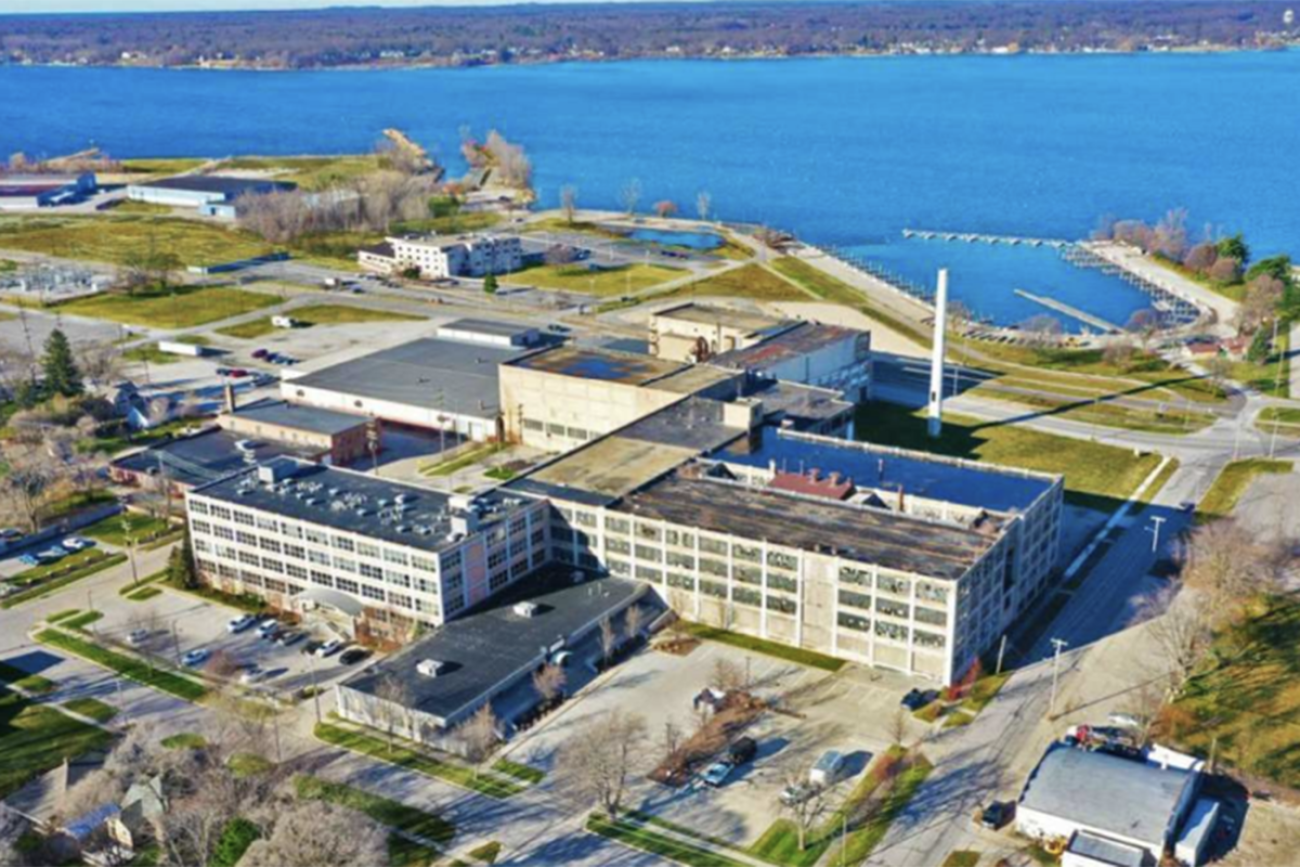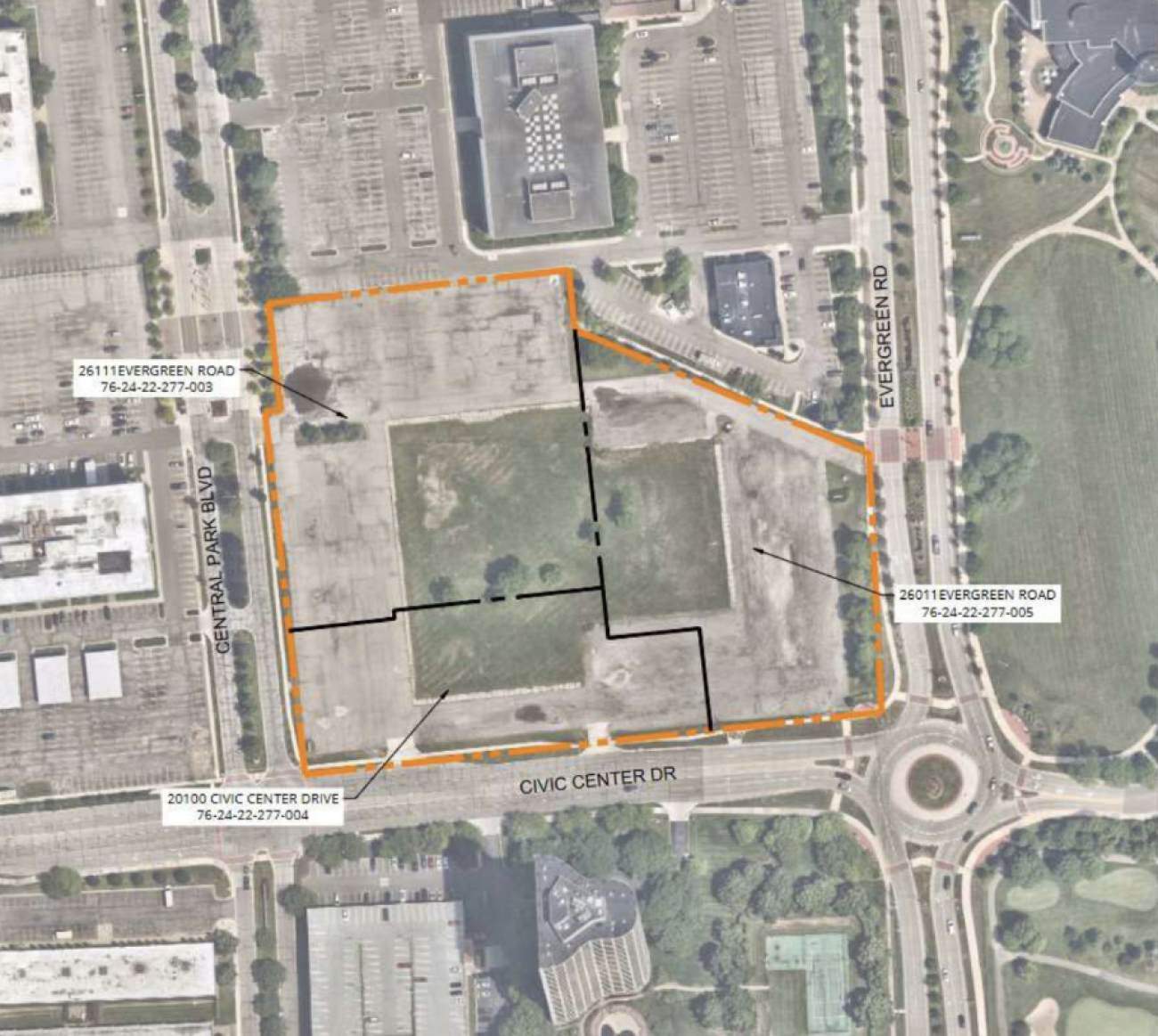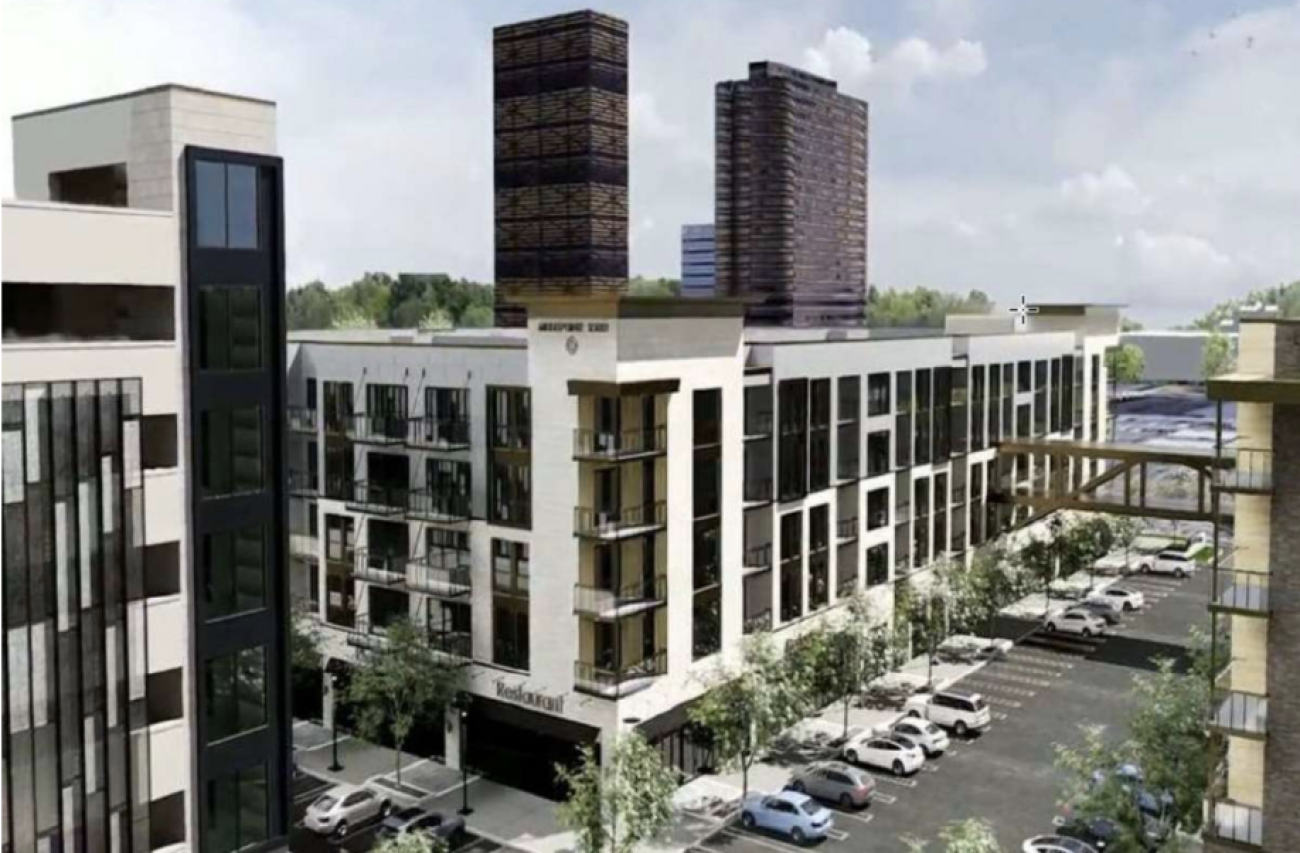Michigan OKs $290M in public funding for 2 ‘transformative’ city projects

- Michigan awarded two ‘transformational brownfield’ projects on Tuesday
- $290 million in tax revenue will reimburse developers for projects in Southfield and Muskegon
- The public funding makes the developments viable, the state says
Michigan will hand out $290 million in tax revenue to reimburse developers of two “transformational projects” being built on obsolete property in the state.
Seven blighted manufacturing buildings over 15 acres near Muskegon’s lakeshore will become 571 housing units, ranging from apartments to condominiums, along with commercial space.
And in Southfield, a decade-long vision to create a “downtown” area on 8 vacant acres amid existing development like office towers and city offices will come to fruition with the construction of 577 housing units, commercial space and a parking deck.

Combined, the developments will rely on state and local tax gains from the projects to fund construction through the state’s Transformational Brownfield Plan. The Michigan Strategic Fund — the public funding arm of the Michigan Economic Development Corporation — approved both deals unanimously on Tuesday.
Today’s development funds will be disbursed to the developers over 30 years after the projects take shape. That reimbursement will come from income taxes, sales and uses taxes, school and property taxes associated with the improved property.
Related:
- $700M plan to 'transform' Grand Rapids with soccer arena, concert districts
- Renaissance Center looks to future. Should taxpayers help pay the bill?
- State board OKs $615M incentive plan for District Detroit
The Muskegon deal calls for tax gains to reimburse Parkland Properties $159.8 million, 72% of the $221.3 million project. The deal also received $18 million from taxpayers in a 2023 earmark allocation, and Gov. Gretchen Whitmer vetoed another $3 million earmark a year later.
“The requested revenues are necessary to facilitate the successful completion of the project,” Rob Garza, director of statutory analysis for the MEDC, told the strategic fund board on Tuesday.
The Southfield project will reimburse Middlepointe Investment Group LLC $131.8 million, 63% of the $209.5 million development cost.
The state has capped the transformational brownfield program at $1.6 billion, with $1.1 billion in reimbursements approved since 2017— for deals that include the new Grand Rapids soccer arena and The District Detroit, an Illitch family project — and another $484 million in progress, including Tuesday’s deals.

Remaking a vacant factory
The former Shaw Walker factory in Muskegon employed over 1,000 people in 1950, but by 1989 it closed.
“To this day, 35 years later, the buildings have remained mostly vacant along a main artery road that is visible to all downtown,” developer Jon Rooks of Parkland Properties told the strategic fund board on Tuesday morning.
Parkland’s vision calls for renovating several buildings on the property, totalling just over 700,000 square feet. That reimbursement will come from income taxes, sales and uses taxes, school and property taxes associated with the improved property.
Muskegon, a city of about 37,000 people, has been trying to revitalize the former industrial city located on Muskegon Lake, which flows directly into Lake Michigan.
The Shaw Walker site “has been sort of a mark on our community for decades,” said Jake Eckholm, director of development services for Muskegon, noting that it is visible from downtown.
“It’s the last remaining big … post-industrial eyesore,” Eckholm said. “And so when we talk about transformational brownfields, I can't think of a project in the region that would make more sense.”
Rooks outlined worked on the site so far, including some demolition and removal of lead paint and asbestos. He also estimated it will be completed within four years.
A city center in Southfield
Southfield city officials have spent many years trying to deliver their vision for creating a walkable urban center in the built-out inner-ring suburb of Detroit that is home to about 75,000 people.
The Southfield City Centre project, to be called Middlepointe, would boost the city’s 35,700 residential units by 1.4%, creating more density near Lawrence Technological University.
Developer Middlepointe Investment Group LLC — led by Hassan Jawad — has been working with city officials for several years on planning the 660,000-square-foot project.
The project “is designed to attract new residents and businesses, while strengthening the fabric and property values of the city for those who are already here,” Jawad told the strategic fund board.
Work is expected to begin this year, with the building completed in 2028, Jawad said. Financing “is in the final stages with our lender,” he said.
Business Watch
Covering the intersection of business and policy, and informing Michigan employers and workers on the long road back from coronavirus.
- About Business Watch
- Subscribe
- Share tips and questions with Bridge Business Editor Paula Gardner
Thanks to our Business Watch sponsors.
Support Bridge's nonprofit civic journalism. Donate today.
See what new members are saying about why they donated to Bridge Michigan:
- “In order for this information to be accurate and unbiased it must be underwritten by its readers, not by special interests.” - Larry S.
- “Not many other media sources report on the topics Bridge does.” - Susan B.
- “Your journalism is outstanding and rare these days.” - Mark S.
If you want to ensure the future of nonpartisan, nonprofit Michigan journalism, please become a member today. You, too, will be asked why you donated and maybe we'll feature your quote next time!




